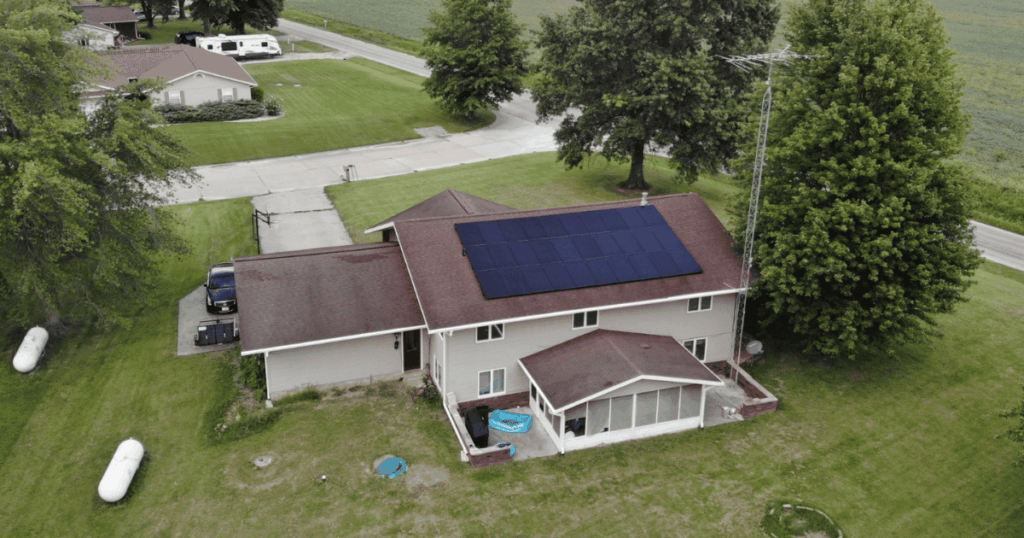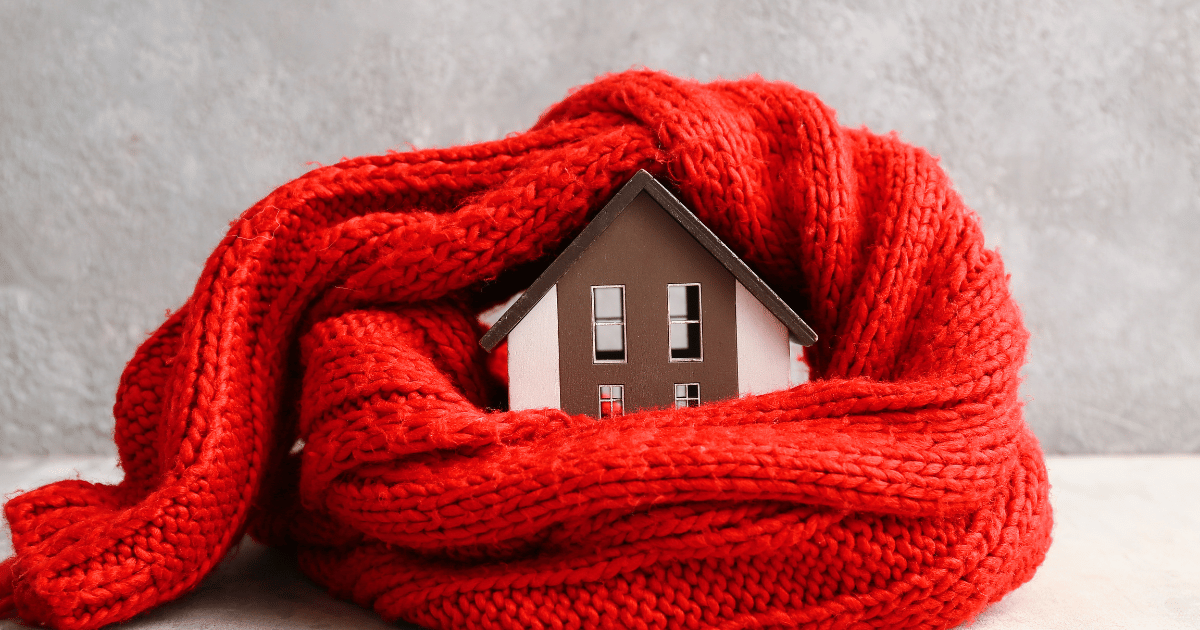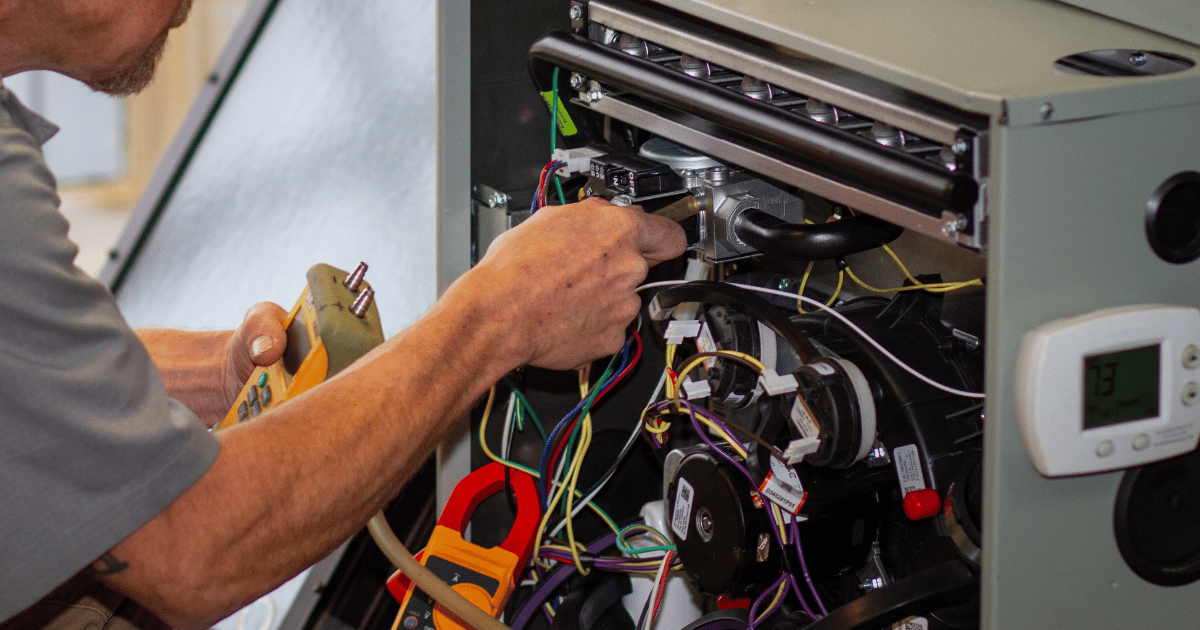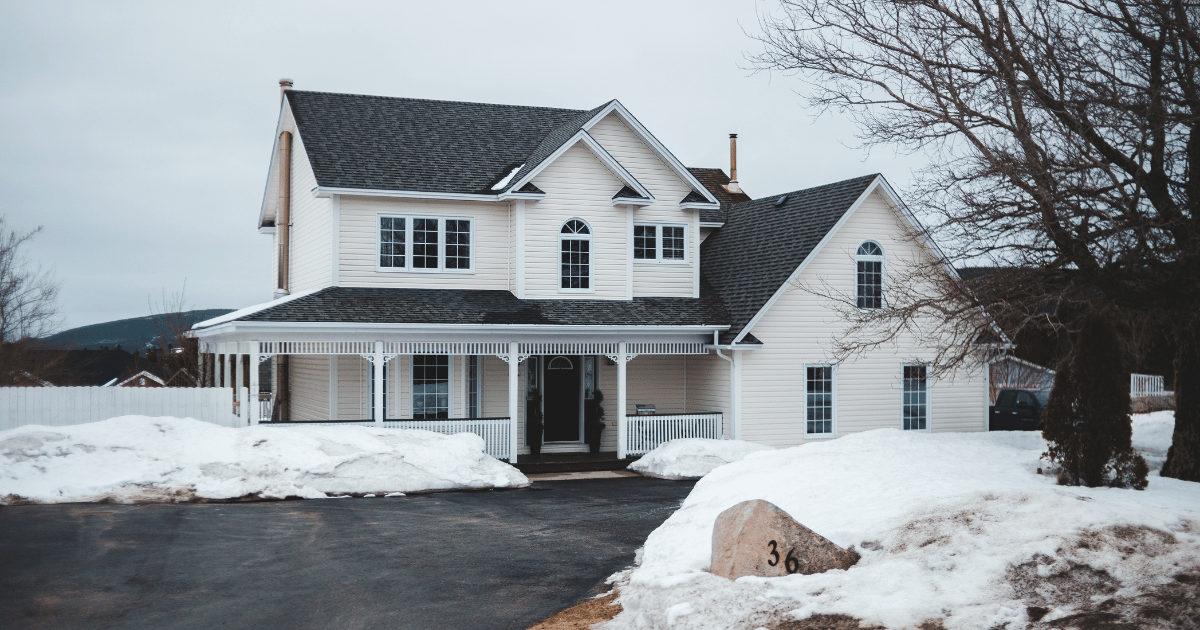Yes, solar panels can be worth it—but not for everyone. They make the most sense if your home is set up for them, your electricity rates are high, and you plan to stay in your house long enough to see the payback. For others, the costs, roof conditions, or financing terms can outweigh the benefits.
That’s the quick answer. But the better answer requires context. Let’s dig into what “worth it” really means and what you should weigh before making a decision.
What People Usually Mean by “Worth It”
When someone asks this question, they’re rarely asking about solar technology itself. They’re really asking whether it’s worth it for them. And that usually falls into three categories: financial return, independence from the grid, or environmental value.
Financial savings
Solar is often pitched as a money-saver. And in the right circumstances, it is. You pay a significant cost upfront, but your utility bills shrink for years afterward. The math works best when:
- Your local electricity rates are high.
- You qualify for rebates, tax credits, or utility incentives.
- You use enough electricity to offset a meaningful portion of your bill.
In those situations, solar panels often pay for themselves within 7–12 years. But if your rates are low, or you don’t use much electricity, that payback period can stretch to 20 years or more. At that point, some homeowners decide it’s not worth tying up the money.
Energy independence
Some people don’t care about the financials as much as the freedom of generating their own power. Solar can reduce your reliance on the grid—but there’s a catch: unless you also install a battery, your system shuts down when the grid does. That surprises many people. The idea of “going off-grid” is appealing, but in practice, most systems are still tied to the utility.
Environmental impact
Solar panels reduce carbon emissions compared to fossil fuel–based electricity. That’s a clear benefit. But there’s nuance here too. Manufacturing panels requires energy, mining, and raw materials, and disposal or recycling at the end of their life isn’t always straightforward. Solar is cleaner than the alternative, but not impact-free.
When Solar Makes Sense
Your roof is ready
A roof that faces south, isn’t shaded by trees, and has enough surface area makes solar far more effective. Just as important: the roof itself should be in good condition. Installing panels on a roof that will need replacement in a few years adds cost and hassle.
You’re staying put
Solar is a long-term investment. If you plan to sell your home in the next three to five years, you may not live there long enough to realize the savings. While solar can add resale value, it rarely returns your full investment immediately.
You’re paying a lot for power.
The higher your electric bills, the greater your potential savings. In areas where utility rates are rising quickly, solar can provide insulation from future increases. On the flip side, if your bills are already low, the savings may not justify the expense.
When Solar Might Not Be the Best Move
Roof problems or bad positioning
A roof in poor shape—or one shaded most of the day—undermines the return on solar. Sometimes trimming trees or making repairs can solve this, but other times it’s a dealbreaker.
Limited energy use
If you live alone in a small house and keep your energy consumption low, you may not save enough to justify the investment. Solar benefits grow with usage.
Financing that ties your hands.
How you pay for solar can make or break the deal. Leasing panels may sound affordable at first, but it usually leaves you with a monthly payment that eats into your savings and complicates resale. Owning the system—either outright or through financing you’ll eventually pay off—generally provides more value.
How to Decide for Yourself
This is where theory meets reality. You don’t need promises—you need numbers.
Calculate your payback period.
Start with the whole system cost, subtract any available incentives, then divide that by your expected yearly savings on energy bills. The result is your payback period. If it’s shorter than the number of years you plan to stay in your home, solar is likely worth it. If not, it may be better to wait or invest elsewhere.
Ask critical questions
- Resale impact: What happens if you sell your home before the system is paid off?
- Warranties: How long is coverage, and what exactly does it include?
- Maintenance: Who’s responsible if equipment fails—do you have to go through the installer, the manufacturer, or both?
These aren’t minor details. They change the real-world value of the investment.
Bottom Line: Is solar worth it?
Solar panels aren’t universally “worth it,” but they can be—under the right conditions. If your roof is in good condition, your bills are high, and you plan to stay in your home long-term, the numbers often add up. If not, the return may be too small to justify the cost.
The only way to know for sure is to run the math for your specific situation. Don’t settle for vague estimates—ask for a written breakdown that accounts for your roof, your bills, and your financing options. That’s the real test of whether solar is worth it for you.
Thinking About Solar for Your Home?
If you live in Central Illinois and you’re weighing whether solar panels make sense, we can help. Our team installs systems designed for local conditions, and we’ll walk you through the numbers before you make a decision.




